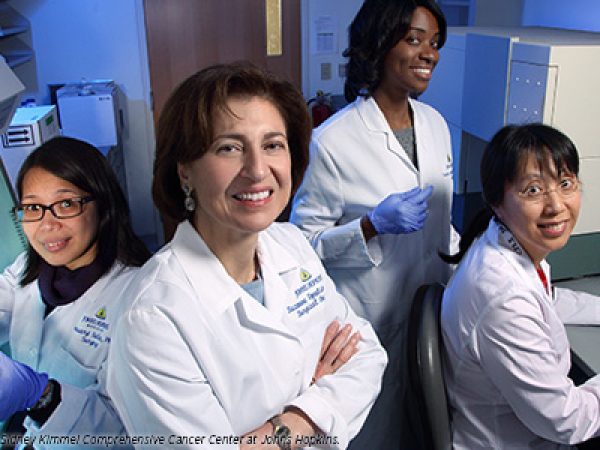Colorectal Cancer

Colon cancer is cancer that forms in the tissues of the first part of the large intestine. Rectal cancer is a malignancy that develops in the rectum, which along with the anal canal, makes up the last 6- to 8-inch part of the large intestine. These cancers are often referred to together as colorectal cancer. Among the most common forms of cancer diagnosed in the United States, an estimated 154,270 people in the United States are expected to be diagnosed with these cancers and 52,900 are expected to die of these diseases in 2025, according to the National Cancer Institute.
Screening for colorectal cancer, the second leading cause of cancer death in the United States, by colonoscopy can both detect these cancers at an early stage, when successful treatment is more likely, and prevent them from developing in the first place, by detecting and removing precancerous polyps during colonoscopy.
Although colonoscopy has been found to cut the risk of dying from colorectal cancer in half, over a quarter of Americans are not up to date on screenings for this disease, according to a U.S. Centers for Disease Control and Prevention analysis. Current guidelines recommend that individuals with an average risk of colorectal cancer begin screenings at age 45. Those with a higher risk of colorectal cancer may be recommended to begin screenings earlier. Risk factors for colorectal cancer include family history, certain hereditary conditions, ulcers in the lining of the large intestine, and a personal history of polyps in the colon or rectum.
Colorectal Cancer Prevention (PDQ®) Colorectal Cancer Screening (PDQ®) Colon Cancer Treatment (PDQ®) Rectal Cancer Treatment (PDQ®)Source: National Cancer Institute



